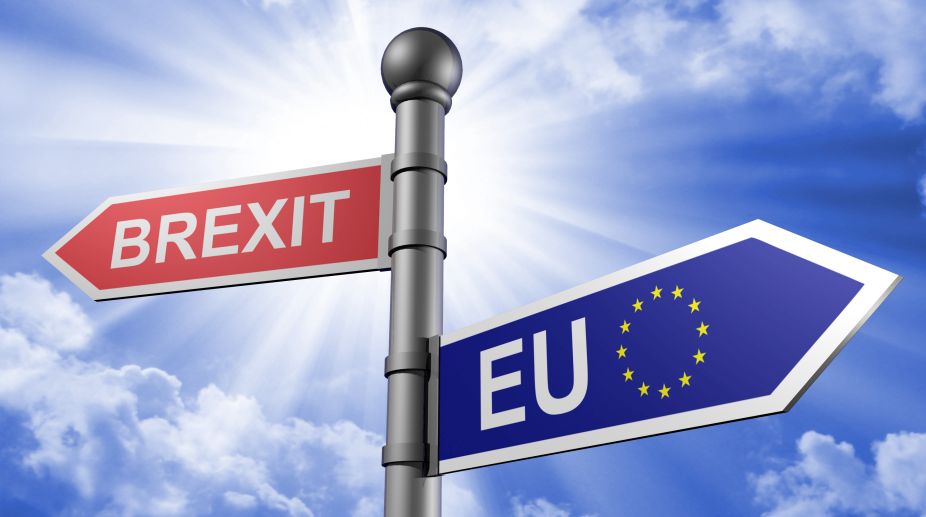EU leaders agree for new sanctions on Iran
European Union leaders agreed late on Wednesday on new sanctions targeting Iran for the direct attack on Israel.

Representational image (PHOTO: Getty Images)
Monday’s agreement in Brussels between Britain and the European Union is another milestone on the still rather uncertain road to Brexit.
The momentous transition will last for nearly two years ~ beginning on Brexit Day, 29 March 2019 and then to continue till 31 December 2020.
The striking feature of the agreement must be that during that period, the United Kingdom “will no longer participate in the EU’s decision-making process”.
Advertisement
Britain will benefit from the economic provisions, however. She will continue to gain from the common economic and trade issues until the end of 2020.
But Whitehall will have to concede that the deal doesn’t qualify to be the “implementation” of a coherent new relationship between Britain and EU.
Ergo, the occasionally messy “divorce” proceedings and the domestic discord that has been manifest ever since the referendum will insulate Britain, though Europe will be more than just a geographical expression.
For some time yet, the rationale of what has been referred to as “de-alignment for Britain” will remain open to question.
A conclusion may not be possible as events happen; only in retrospect can an inference be drawn, most particularly on matters of economic history.
Foreign policy is vital in the overall construct not least because of certain recent developments involving Russia and Britain, notably the Skripal poisoning in Salisbury.
Dealing with the Kremlin will be difficult for years to come given the massive mandate that Vladimir Putin now boasts. Strategic alliances between the European nations are vital if the long process of defending liberal democracy against Russian and other threats is to be successful.
It is imperative, therefore, to sustain European unity to prevent individual European countries becoming playgrounds for the likes of President Putin.
There is little doubt that Britain would have been in a position to make an effective contribution to a common approach towards Russian adventurism if Europe deemed it as a reliable ally.
Brexit will ensure that it doesn’t… and at the cost of a concerted European geostrategy. If developments since the referendum are any indication, the very concept of Brexit can offend allies and neighbours, making them less likely to respond when Britain asks for help, as it has been doing.
This is precisely what Theresa May’s government is trying to do in the Brexit negotiations. Britain has sought support over the Skripal affair, and a latter-day Concert of Europe and America against Russia is already in place.
But as reciprocity guides the geostrategy of individual nations, the principle cannot be taken for granted with Britain’s exit from Europe.
It is more than just a coincidence that the EU-Britain agreement has been crafted in parallel with the twists and turns of the UK’s rupture with Russia.
Advertisement